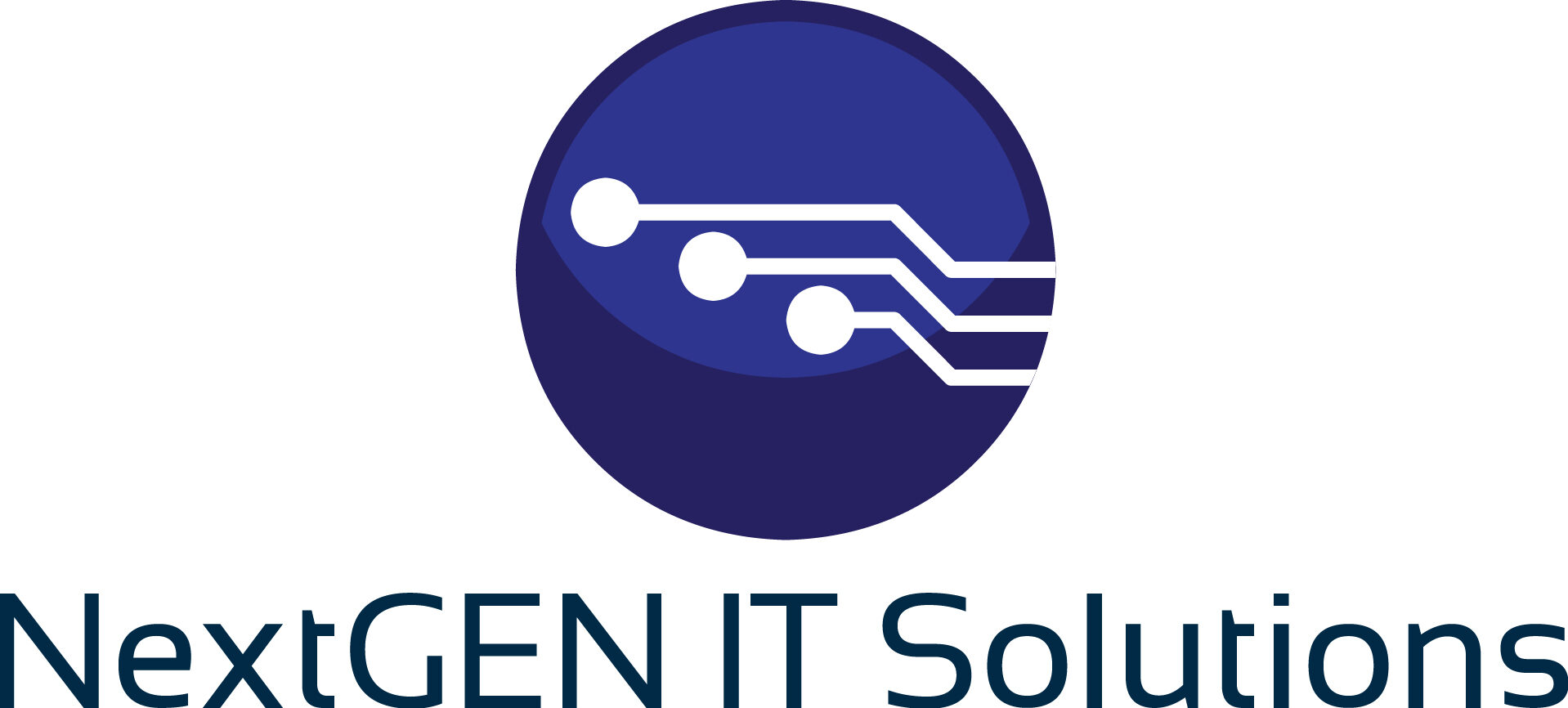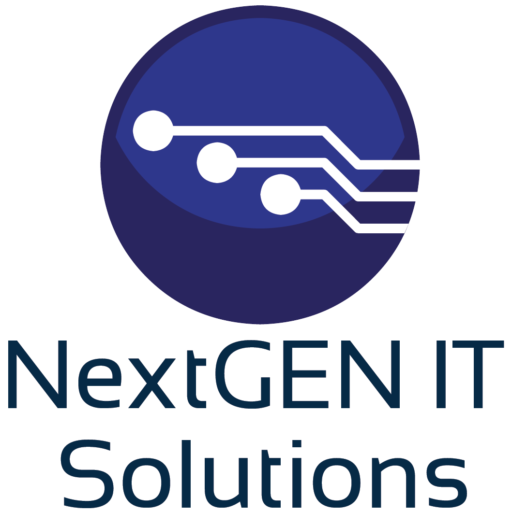The Critical Role of Access Management in Modern Cybersecurity

In today’s digital landscape, cybersecurity stands as an imperative concern for both individuals and businesses. The relentless proliferation of cyber threats, data breaches, and malware attacks has made it abundantly clear that safeguarding sensitive information is paramount. These attacks can originate from various vectors, including the very cloud-based tools that people use daily.
Consider this: the average employee now utilizes a staggering 36 cloud-based services on a daily basis. With this proliferation of cloud usage, managing access to sensitive data and resources has become not just important but essential. It is a pivotal element in upholding robust security measures. Even a single breached account within a business application can trigger a chain reaction of significant consequences.
One of the primary incentives for cybercriminals is the allure of login credentials. These credentials, once compromised, can become lucrative assets on the dark web. For instance, an email administrator’s login credentials can fetch anywhere from $500 to a staggering $140,000.
Therefore, it becomes clear that addressing access management should be at the core of your cybersecurity strategy. Neglecting this critical aspect could result in severe financial repercussions, not to mention the reputational damage that accompanies a data breach.
In this article, we will explore six compelling reasons why access management has evolved into a cornerstone of robust data security. It plays a pivotal role in safeguarding valuable assets and ensuring the integrity of data.
Why Identity & Access Management (IAM) Should Be a High Priority:
Mitigating Insider Threats insider threats can manifest through malicious actions or unintentional errors, originating from both employees within an organization and their compromised accounts. IAM solutions empower businesses to establish granular access controls and permissions, guaranteeing that employees only access data pertinent to their roles. By curtailing excessive privileges, organizations can significantly reduce the risk of insider threats. Moreover, access management affords visibility into user activities, facilitating the detection and real-time response to suspicious behavior.
Strengthening Data Protection:
Data breaches can have far-reaching consequences, including reputational damage, financial losses, regulatory penalties, and, in some cases, permanent business closures. Effective access management bolsters data protection by limiting access to sensitive information and enforcing robust authentication measures such as multi-factor authentication and encryption. Additionally, access management solutions enable organizations to monitor and control data transfers, ensuring data remains secure throughout its lifecycle. By implementing robust access controls, businesses can mitigate risks and protect their most valuable assets.
Enhancing Regulatory Compliance:
Compliance with data privacy laws is a top priority for organizations. IAM solutions play a vital role in ensuring regulatory compliance by providing necessary controls and audit trails. They facilitate the adoption of best practices such as Role-Based Access Control (RBAC), the principle of least privilege, and contextual multi-factor authentication. Access management empowers businesses to demonstrate compliance with regulatory requirements and simplifies regular access reviews, crucial for regulatory audits and assessments.
Streamlining User Provisioning and Deprovisioning:
Manually managing user accounts and access privileges is not only time-consuming but also prone to human error. Access management solutions automate user provisioning and deprovisioning, ensuring that employees have appropriate access rights throughout their employment lifecycle. This streamlines the onboarding process for new employees and promptly revokes access when employees leave the organization, reducing the risk of dormant or unauthorized accounts. A real-world example of the consequences of improper deprovisioning is the Colonial Pipeline breach, which originated from an old, unused business VPN account.
Enabling Secure Remote Access:
The landscape of work has transformed with the rise of remote work and increased reliance on cloud services. Secure remote access has become a necessity for organizations, and IAM solutions provide secure authentication and authorization mechanisms for remote users. Whether employees are working from home, traveling, or accessing data via mobile devices, access management ensures they can do so without compromising security. Features such as Virtual Private Networks (VPNs), Single Sign-On (SSO), and Multi-Factor Authentication (MFA) secure remote access while maintaining the confidentiality of corporate data.
Improving Productivity:
Implementing an Identity and Access Management (IAM) system can significantly boost productivity. The traditional manual process of provisioning user accounts and assigning access permissions is not only time-intensive but also prone to errors. IAM systems automate this entire process, using role-based access protocols to assign the right level of access immediately. When an employee leaves the organization, the system promptly revokes access, eliminating the risk of lingering, unauthorized accounts. This automation saves administrative teams valuable time and effort.
Get Help Putting a Strong IAM Solution in Place:
Access management has evolved into a critical component of modern cybersecurity. It plays a pivotal role in mitigating insider threats, strengthening data protection, enhancing regulatory compliance, and more. If you are looking to fortify your access security, reach out to us today. We can assist you in implementing an IAM system tailored to your specific needs and ensure the security of your valuable assets. Don’t wait; take action now to protect your organization from the ever-present cyber threats.




